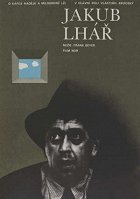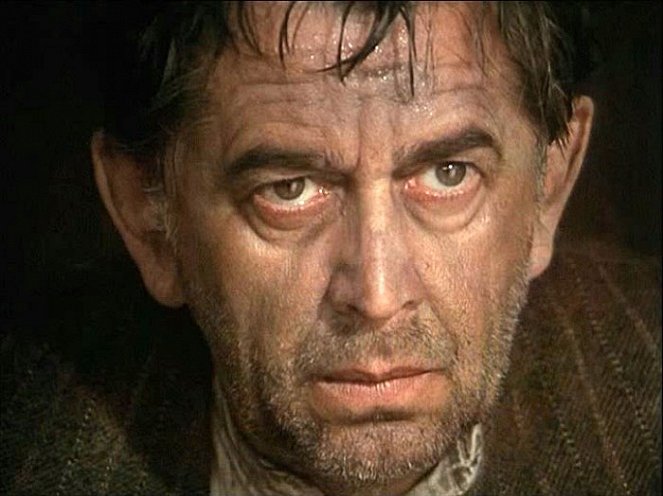Réalisation:
Frank BeyerPhotographie:
Günter MarczinkowskyMusique:
Joachim WerzlauActeurs·trices:
Vlastimil Brodský, Erwin Geschonneck, Henry Hübchen, Blanche Kommerell, Manuela Simon, Margit Bara, Dezső Garas, Zsuzsa Gordon, Reimar J. Baur (plus)Résumés(1)
Trapped in a Polish Ghetto with thousands of other Jews facing starvation or deportation to the death camps, Jacob is detained one evening at Gestapo headquarters. Eavesdropping, he overhears a radio report about a nearby Russian victory. At first he is silent, but circumstances compel him to pass on the good news of hope. In order to be believed, he feigns access to a hidden, strictly forbidden radio. Quickly he becomes a one-man bulwark against despair, a reluctant hero, but a tragic figure still-a man ultimately powerless to see or change the fate of his people. (texte officiel du distributeur)
(plus)Critiques (1)
In difficult times, the vision of every hope is welcomed with open arms, even at the cost that the hope may be fabricated by lies. In the case of Jacob, however, we do not see his lies as something negative, especially when compared to the extermination of the Jews and the horrors of World War II. Jacob the Liar is a straightforward film with honest performances that tries to shroud the tragic reality with a few lighter elements, such as the radio-over-the-wall scene or the fairy tale about the princess and the cotton candy clouds. I was most impressed by the performances of Vlastimil Brodsky and Erwin Geschonneck. In short, a well made and well acted film that takes you back to a time full of fear, terror, horror, but also hope.
()

